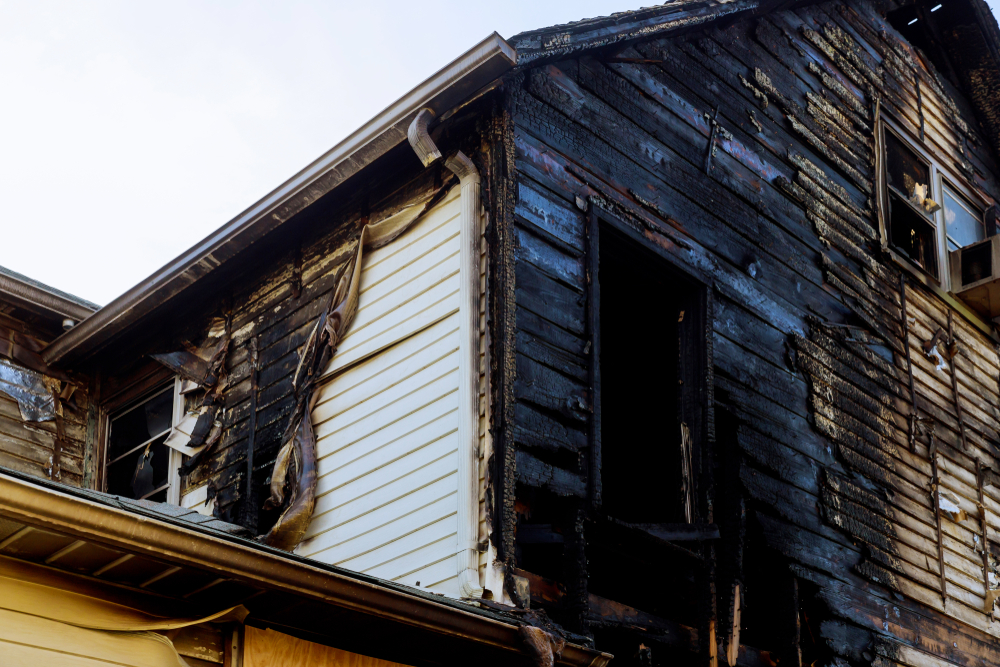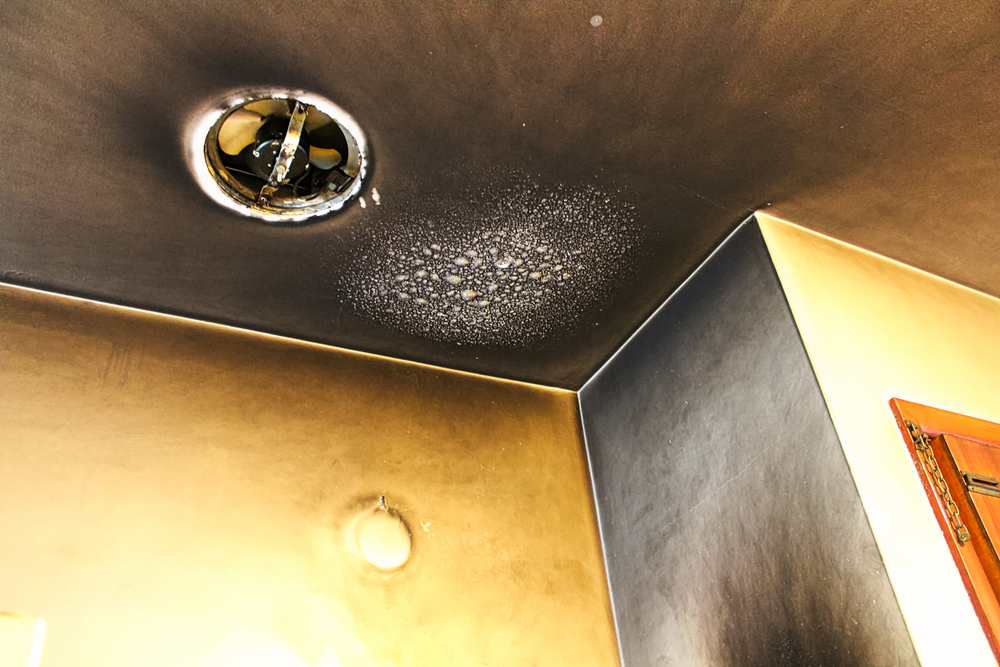The holiday season is for celebration, family get-togethers, and lovely décor. But because of festive decorations and activities, it also raises a higher danger of house fires. Although one spark might have terrible results, following basic safety measures will assist to protect your house. Here’s a complete advice on how to have a worry-free season and avoid fire damage during the holiday.
Common Fire Hazards During the Holidays
Christmas Trees
Although a Christmas tree could be a lovely focal point for your holiday decorations, improper handling of it might cause a fire risk.
- Choose a Fresh Tree:
- Choose a tree with hard to rip off vivid green needles. Ste clear of trees with brittle, dry limbs.
- Less frequently than dry trees are fresh trees catching fire.
- Furthermore a safe choice are artificial trees, particularly if they are marked as flame-resistant.
- Water Your Tree Regularly:
- Every day check the water level and ensure the tree’s base is always submerged.
- Less likely to ignite and far safer is a well-hydrated tree.
- To simplify daily watering, think about employing a tree stand including a built-in water reservoir.
- Safe Placement:
- At least three feet separate the tree from heat sources such radiators, space heaters, and fireplaces.
- Make sure the tree not blocks any exits.
- Particularly if children or pets live in the house, use a strong tree stand to stop tipping.
- If you choose an artificial tree, be sure it’s constructed of flame-resistant materials.
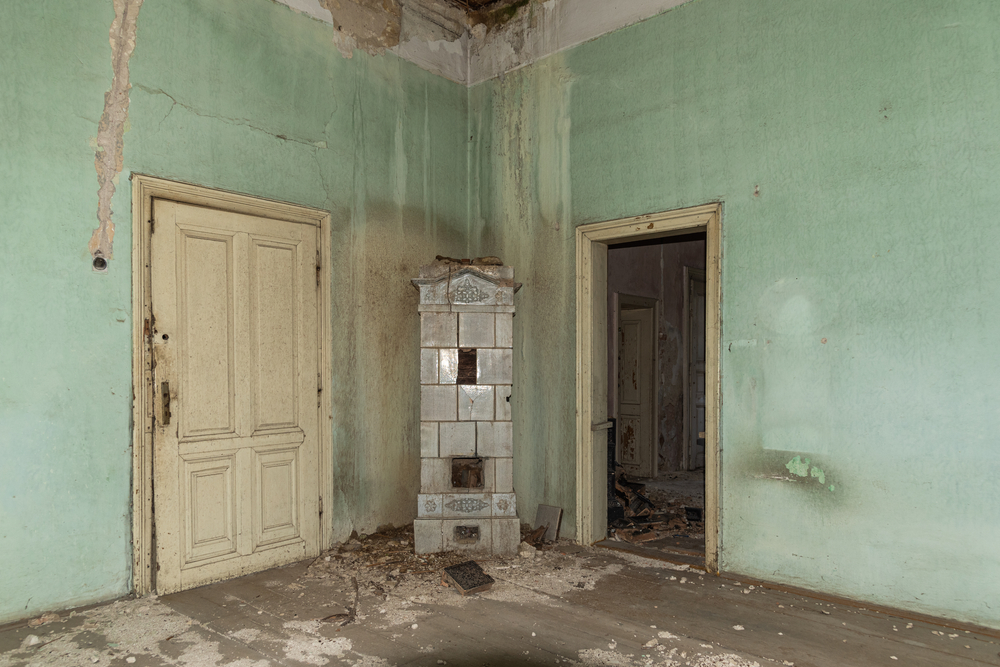
Holiday Decorations
Although decorations liven the season, if not picked and arranged thoughtfully they could cause problems.
- Fire-Resistant Decorations:
- Search for decorations stamped as non-combustible or flame-retardant.
- Steer clear of employing paper, dried leaves, or fabric accents close to heat sources.
- Make sure everything you are adorning outside is weather-resistant to prevent damage that can produce problems.
- Safe Lighting Practices:
- Before usage, check every Christmas light for frayed wires, broken sockets, or loose connections.
- Use energy-efficient, less heat producing LED lights.
- Use surge protectors as needed and never overload electrical outlets.
- Turn off holiday lights always before leaving the house or getting into bed.
- To lower the chance of overheating, steer clear of linking more than three light strands together.
- Outdoor Lights:
- Use outdoor-rated lights to help to avoid moisture-related electrical problems.
- Properly secure lights to prevent them from coming into touch with combustible objects like shrubs or dry leaves.
- To hang lights, stay away from nails or staples since they can short circuits by damaging wires.
- To improve safety, spend in waterproof extension cords for outside decorations.
Candles
Although they create a nice and cosy environment, candles can be a major fire risk.
- Never Leave Candles Unattended:
- Before leaving a room or climbing into bed, always blow out candles.
- If you find yourself prone to forgetting, think about timing yourself to remind yourself to turn out candles.
- Keep candles away from combustible objects.
- Set candles on sturdy surfaces free from curtains, decorations, or other flammable things.
- Sturdy candleholders help to prevent tipping.
- Battery-Operated Candles:
- Think about utilizing flameless LED candles, which provide the same atmosphere without running the danger of fire.
- For further convenience, many LED candles also include timers or remote controls.
- Particularly safe in homes with young children or pets are battery-operated candles.
Cooking Fires
Though it’s also a significant cause of house fires, the kitchen is usually the center of holiday festivities.
- Never Leave Cooking Unattended:
- Never let someone else leave cooking unattended.
- Stay in the kitchen cooking meals either boiling, grilled, or fried.
- For recipes needing more time to cook, set a timer to remind you.
- Keep Children and Pets Away:
- Around the stove, set up a three-foot “kid-free” zone.
- Whenever you can, use rear burners; turn pot handles inward to avoid inadvertent spillage.
- Share with kids kitchen safety tips to reduce hazards during meal cooking.
- Clean Spills Promptly:
- Clean spills and greeneries to stop flare-ups.
- To clear built-up grease and trash, routinely clean the stovetop and oven.
- Use non-flammable cleaning products for extensive cleaning to guarantee no residue causes any fire hazards.
- Monitor Oven and Stove Temperatures:
- Set timers to guarantee you never forget about food cooking on the stove or in the oven.
- Use Caution with Deep Fryers:
- If improperly used, deep fryers can start major fires. Use them only outside, far from combustible objects, and according to all safety guidelines.
- Never overfill the fryer with oil; make sure its surface is flat and stable.
- Watch oil temperature using a thermometer to stop overheating.
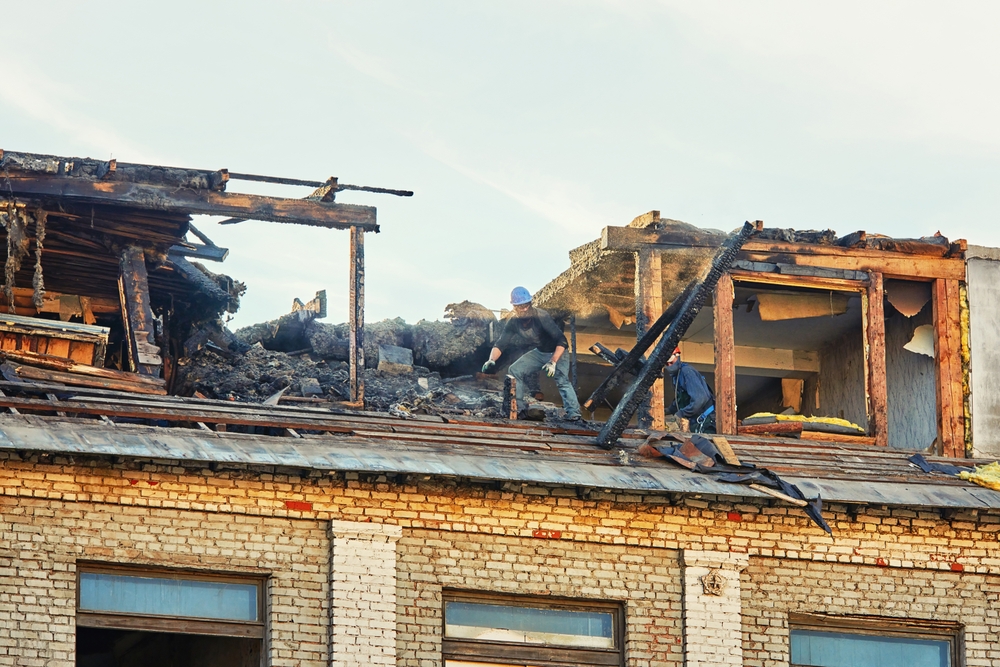
Fire Safety Tips
Smoke Alarms
Your first line of protection in spotting fires early is a smoke alarm.
- Install Smoke Alarms:
- Set alarms on every floor of your house, especially close to spaces for sleeping.
- For maximum security, think about putting linked smoke alarms in place.
- Test Monthly:
- To guarantee alarms are functioning as they should, press the test button.
- Replace any alerts that immediately fail testing.
- Replace Batteries Annually:
- Change batteries once a year or anytime the alarm chirps.
- Upgrade to Smart Alarms:
- Think about smart smoke alarms that alert your phone so you will be informed even while you are away.
- Another fantastic choice are interconnected alarms, which sound all the other alarms when one goes off therefore offering faster warnings.
Fire Extinguishers
Keeping fire extinguishers in your house will help to prevent a little fire from turning into a calamity.
- Keep Them Accessible:
- Put extinguishers next to fireplaces, in the kitchen and garage.
- Arrange them on easily seen, accessible walls.
- Learn How to Use Them:
- Pull the pin, aim at the base of the fire, squeeze the handle, and sweep side to side remembering the PASS approach.
- Plan a fire safety course for your family to learn correct application.
- Check Expiration Dates:
- Fire extinguishers expire at different times. Check and replace them routinely as needed.
- Plan to check rechargeable fire extinguishers annually.
Emergency Escape Plan
Plan your fire escape from every room using two exits from each other.
- Develop a Plan:
- Plan your fire escape from every room using two exits from each other.
- After the plan is in plain sight, go over it with every household member.
- Practice Regularly:
- To make sure everyone understands the strategy, schedule family fire drills minimum twice a year.
- Plan drills at several times of the day to get ready for several possibilities.
- Designate a Meeting Spot:
- After fleeing, pick a secure location outside your house where everyone may congregate.
- Teach Children Fire Safety:
- Teach children what to do in the event of a fire, including how to stay low to avoid smoke and, should a window be used as an exit, how to use it.
- Show youngsters how to call emergency services and go over what information to provide.
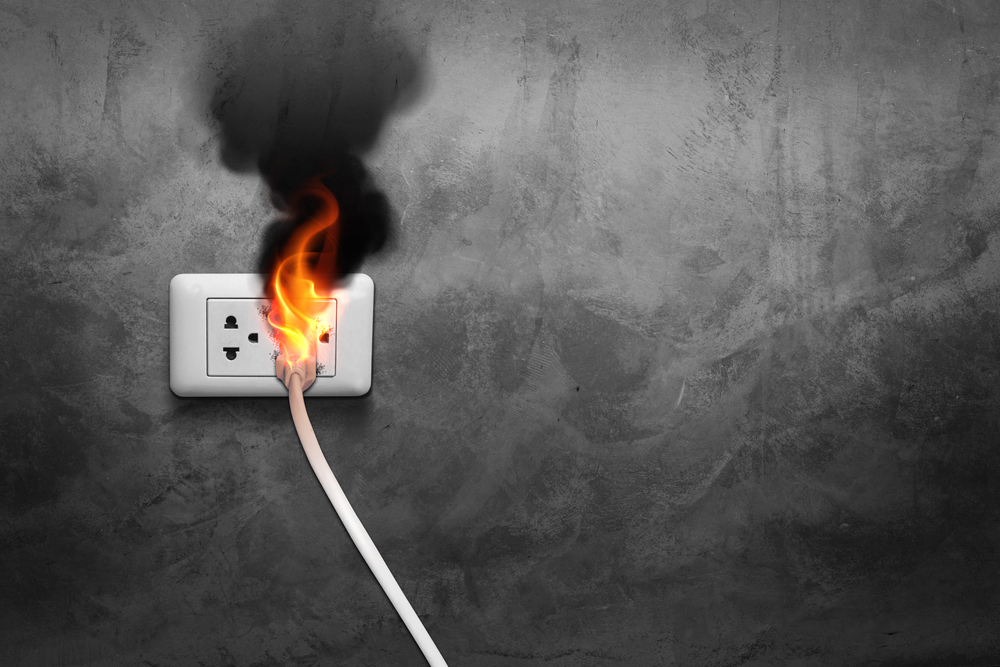
Additional Tips for Specific Holiday Traditions
Hanukkah Menorah Safety:
- Set the menorah away from combustible objects on a strong, non-flammable surface.
- Never leave the candles unattended.
- Keep the menorah out of children’s and dogs’ reach to prevent inadvertent tipping.
- To catch any dripping wax, place foil or a drip tray beneath.
Kwanzaa Candles:
- Make sure the kinara stands distant from drapes or decorations and on a fireproof foundation.
- Burn extinguishable candles before leaving the room.
- For extra protection, think about laying a fire-resistant carpet under the kinara.
- Safely light candles with a fireplace lighter or long matches.
Fireworks and Outdoor Celebrations:
- Should fireworks be a feature of your holiday celebration, abide by all municipal rules and safety precautions.
- Beside you keep a fire extinguisher or a bucket of water.
- Children should never handle fireworks; make sure they are used in an open, clear area free of combustible objects.
- Before throwing them out, douse used pyrotechnics with water to stop inadvertent fires.
Conclusion
The festive season ought to be one of delight rather than concern. Your house’s danger of fire will be much lowered by knowing typical fire hazards and applying some basic safety precautions. Watch closely, be careful, and savor a peaceful and joyful holiday season alongside your loved ones. Recall that a small amount of preparedness can greatly help to safeguard your house and family.
At last, think of raising knowledge of fire safety. Tell friends and relatives these ideas to help to guarantee everyone has a safe holiday. These steps will help you to concentrate on what really important—making treasured memories with your loved ones.
Stay safe, and happy holidays!
Philadelphia Restoration Services
https://www.google.com/maps?cid=3399342399556699153
+1 267 668 0013
https://philadelphiarestorationservices.com/

